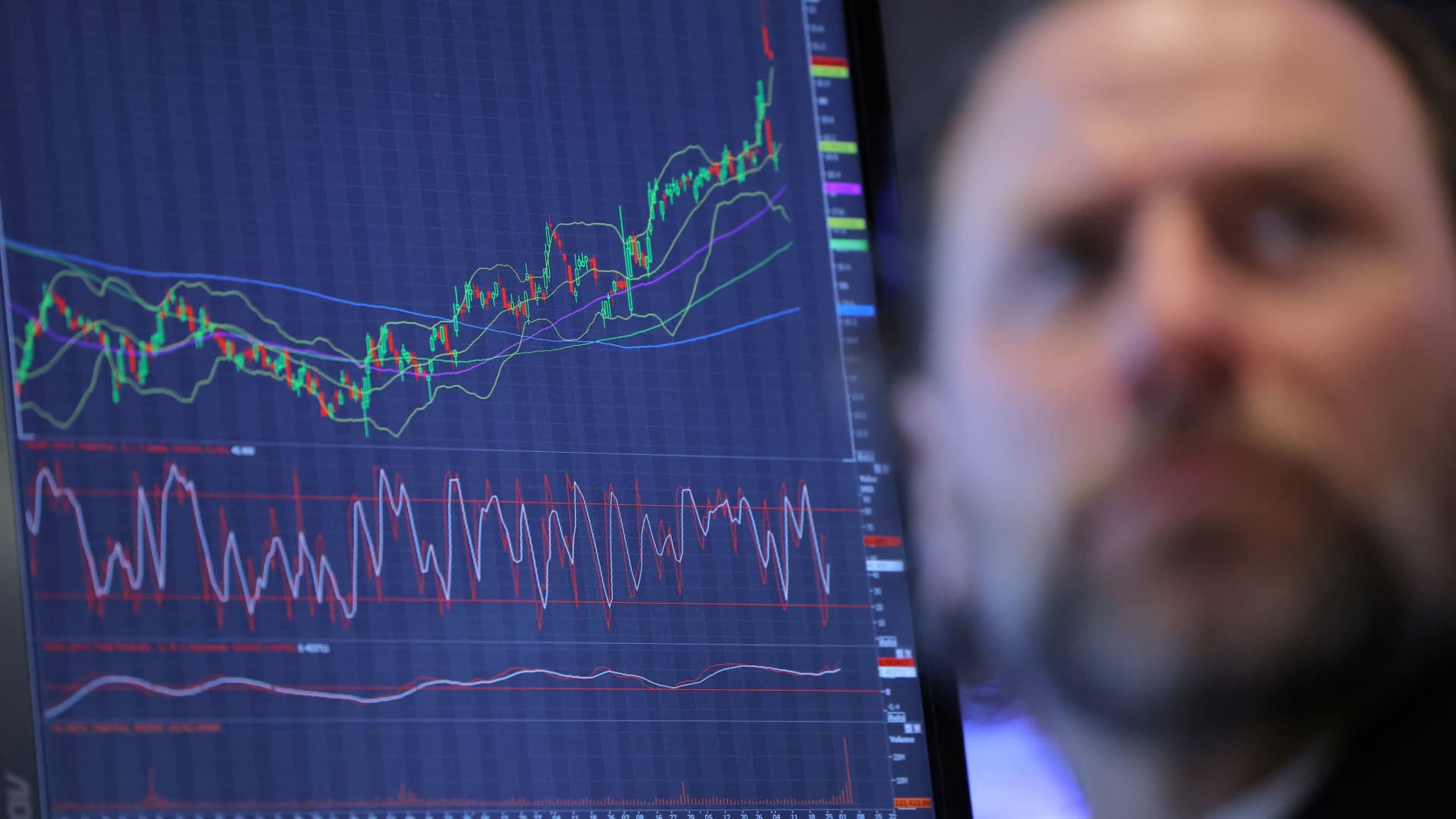
Residential and commercial properties near the Shibuya district of Tokyo on May 4, 2023.
Richard A. Brooks | Afp | Getty Images
Japan’s core inflation rate cooled to 3.1% in July, coming down from 3.3% the month before as rice inflation continued to ease.
The figure — which strips out costs for fresh food — was higher than the 3% expected by economists polled by Reuters.
Headline inflation in the country also dropped to 3.1%, coming down from 3.3% in June and marking its lowest since November 2024.
The so-called “core-core” inflation rate, which strips out prices of both fresh food and energy and is closely monitored by the BOJ, held steady at 3.4%.
Rice inflation eased to 90.7% in July, down from 100.2% in June, and after two months during which prices had more than doubled.
Rice prices have shown signs of easing after a rice shortage and skyrocketing rice prices dominated headlines in the country earlier this year, with data from Japan’s agricultural ministry showing that the average bag of five-kilogram rice in supermarkets was being sold for 3,737 Japanese yen ($25.34) for the week of Aug. 4.
At its highest, rice was retailing at an average of 4,285 yen per five-kilogram bag, while premium rice brands reached 4,469 yen.
Japan’s central bank had upgraded its inflation forecasts in its economic outlook report released on July 31, saying that core inflation would come in at 2.7% for its 2025 fiscal year — ending March 2026 — up from its previous forecast of 2.2%.
“Core-core” inflation expectations were raised to 2.8% from 2.3%.
The inflation figure comes after Japan’s economy grew a better-than-expected 0.3% in the second quarter from the previous three months, mainly supported by net exports.
However, Japan’s trade saw sluggish numbers in July, with exports falling at its sharpest pace in over four years as shipments to its two largest markets — the United States and China — declined.
Japan reached a deal with Washington on July 22 that saw its so-called “reciprocal tariff” lowered to 15% from the 25% threatened by U.S. President Donald Trump earlier that month.
— This is breaking news, please check back for updates.




